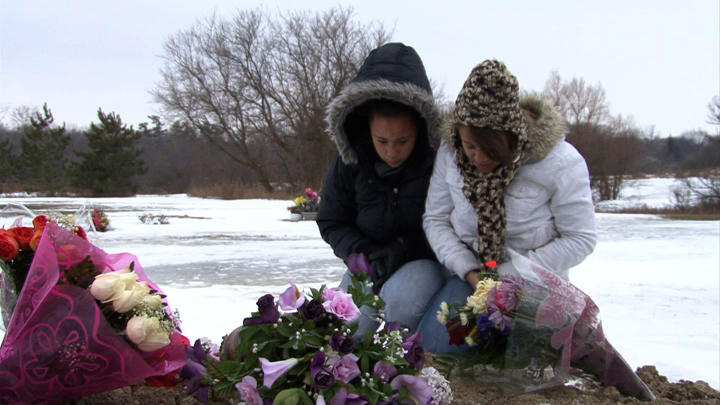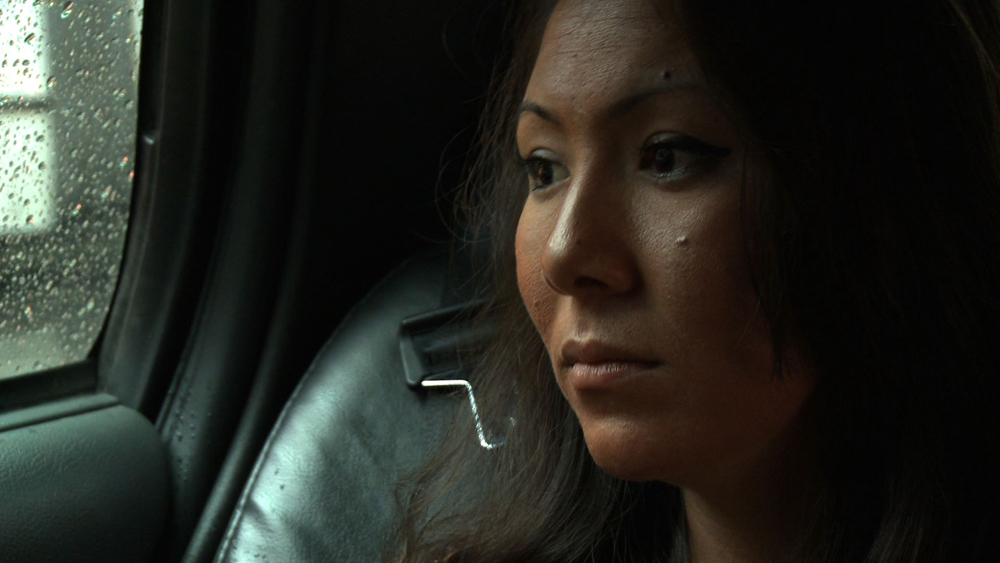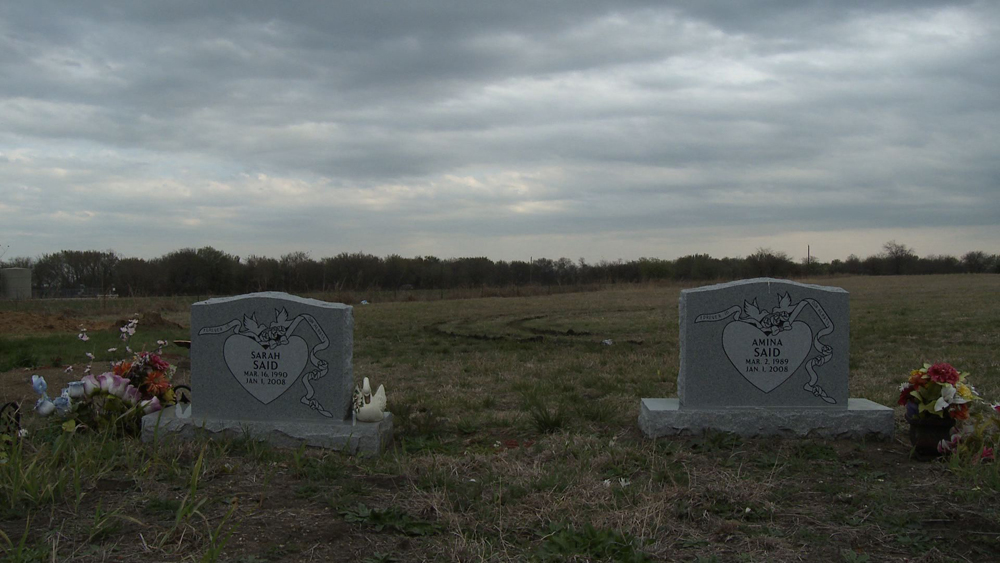In the Name of the Family
Honor Killings in North America
Canada | 2010 | 60 minutes | Color | DVD | Order No. 111044
SYNOPSIS
As friends and relatives trace escalating tensions leading to the crimes, IN THE NAME OF THE FAMILY explores community reactions to the tragic events. The film also delves into the dual, precarious existence of other young Muslim women struggling to bridge two worlds, along with Muslim women’s efforts to help girls at special risk. With consummate documentary skills and a passion for human rights, Saywell puts a much needed human face on a subject that is all too often silenced or sensationalized in post-9/11 North America.
PRESS
“[W]hile problems in assimilation by immigrant communities is hardly not unusual, the level of hostility presented in this film gives the impression that too many Islamic families who come to this continent are stuck in a vicious, medieval time warp.”
"***1/2...As an eye-opening examination of an important human rights issue, this is highly recommended.”
"A haunting documentary … a tender but fierce expose."
"Riveting …director, Shelley Saywell, is a gifted filmmaker whose work has been acclaimed around the world. Her specialty is venturing into places where others fear to tread—and she found this particular place right here in Canada ."
"Highly Recommended"
SCREENING HIGHLIGHTS AND AWARDS
- International Documentary Film Festival Amsterdam (IDFA)
- Cleveland International Film Festival
- Hot Docs International Film Festival, Best Canadian Feature
- One World Film Festival, Prague
- Toronto Human Rights Watch Festival
ABOUT FILMMAKER(S)
Shelley Saywell's career as an independent documentary filmmaker started bravely and auspiciously in 1986 when she set off for the Sahara to document the nomadic Bishari tribes and Shahira, an Egyptian woman who worked to help the Bishari survive.
Since then, Saywell has written and directed 10 independent international documentaries which have been critically acclaimed and honored with many awards, including an Emmy for "Crimes of Honour".
Saywell's choice of subject-matter has consistently focused on issues of human rights. In 1997 after completing "Kim's Story: The Road from Vietnam" she was awarded UNESCO's Gandhi Silver Medal for Promoting the Culture of Peace. In 2000, a special committee of the United Nations held a private screening of "Crimes of Honour" at its New York headquarters. Saywell's film "A Child's Century of War" was short-listed for the 2003 Academy Awards. (3/11)



